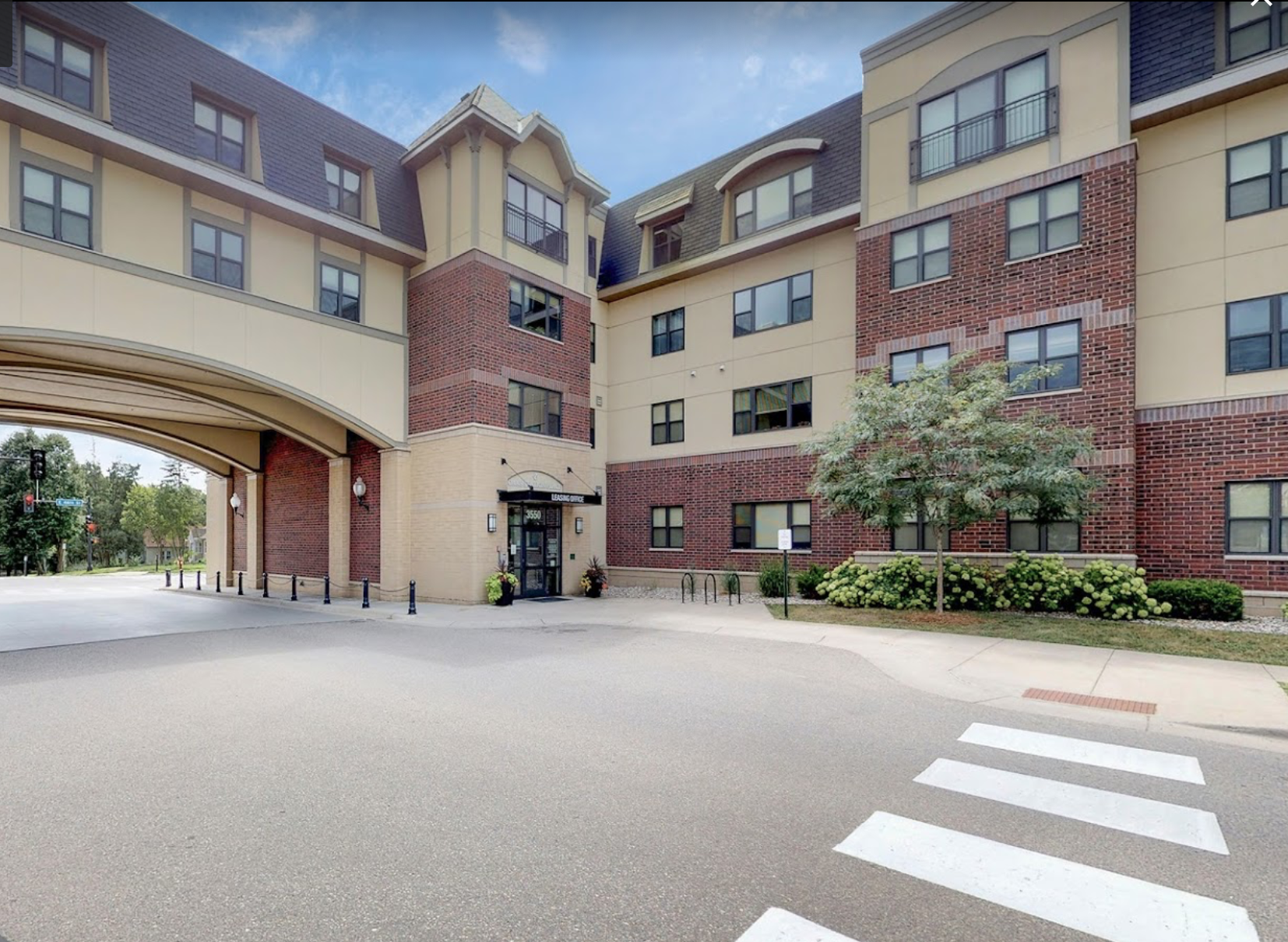Editor's Note: This post first appeared at sightline.org and is republished with permission.
What if more of our collective brainpower—not just our governments, but the billions of tiny decisions that add up to our entire economy—were working to reduce our dependence on the automobile? How many good little ideas might we come up with?
Here’s one: apartments that come with an all-you-can-ride transit pass included.
It’s happening right now in Minneapolis, the Star-Tribune reported:
Metro Transit plans to expand a pilot that provides all-you-can-ride passes to residents of apartments, condos and multiunit buildings with their rent.
Randi Myhre participated the Residential Pass program during a six-month trial in 2019, and said she is thrilled it will be coming back this fall.
“It’s a wonderful perk,” said Myhre, who lives in Oaks Station Place, an apartment building adjacent to the Blue Line’s 46th Street station in south Minneapolis. “It’s a top amenity,” she said, ranking it higher on her list of priorities than having access to the building’s fitness center, party lounge and theater room…
Building owners paid Metro Transit $14 per month for each unit and offered one pass per household as part of their leases. (A regular Metropass for unlimited rides costs $83 per month.)
In case you were wondering, that comes to an 83 percent bulk-rate discount being offered by the transit agency. This makes it similar to employer-based bulk transit programs that have been common for years in larger cities but may need to adapt after the Covid-19 pandemic’s teleworking boom.
The pandemic may have permanently reduced many workers’ time in the office. But it hasn’t eliminated the 80 percent of their trips that go everywhere else, nor changed the fact that it’s better for everyone when more trips happen by mass transit.
There’s more, said Jennifer Hall, a regional manager for Oaks Properties, the building’s developer and owner. If you live in their building, they’ll give you a free car. A shared one, that is.
“We also provide a community car for our residents, if they have a doctor [appointment] or they have to go shopping,” Hall said. “I don’t know of any other community, at least around here, that does that.”
Trips of up to four hours are no cost to residents; the landlord covers the cost of the custom auto insurance and the charging station. (Yes, the shared car is electric.)
LOW PARKING MANDATES MAKE THIS POSSIBLE
What’s going on here? Did some developer suffer a near-death experience and decide to try for ecological sainthood?
That’s not it. Oaks Properties has a perfectly normal reason to offer socially and environmentally beneficial programs like this. When you offer free transit, it makes it easier to fill up an apartment building without having to dedicate as much precious real estate to parking spaces.
As of 2021, each space in an above-ground parking garage costs about $27,000 just to build; financing and other “soft costs” add thousands more.
In other words, programs like this can save everyone money:
- the residents (free transit),
- the transit agency (guaranteed sales and low transaction costs), and
- the developer (lower construction and land costs).
If a landlord is not legally allowed to save everyone money by providing transit passes instead of parking spaces, then they won’t.
They might even save enough to make buildings financially viable that otherwise wouldn’t have been.
Something’s working, anyway: Oaks Properties has developed two more apartment buildings in Minneapolis since Oaks Station Place, both of which also offer this program and have even lower ratios of parking per home.
But none of it would have worked without a crucial decision by local government: low parking mandates. By 2011, when Oaks Station Place was built, Minneapolis had allowed apartment buildings near rail stations to include less than one parking space per home. The city has since removed parking mandates completely, as has neighboring St. Paul.
That’s the key to this situation. If a landlord is not legally allowed to save everyone money by providing transit passes instead of parking spaces, then they won’t. Instead, they’ll spend their money on parking spaces as ordered; people without cars will end up paying for parking they don’t need; and some number of trips that would have happened by transit will instead happen by car.






